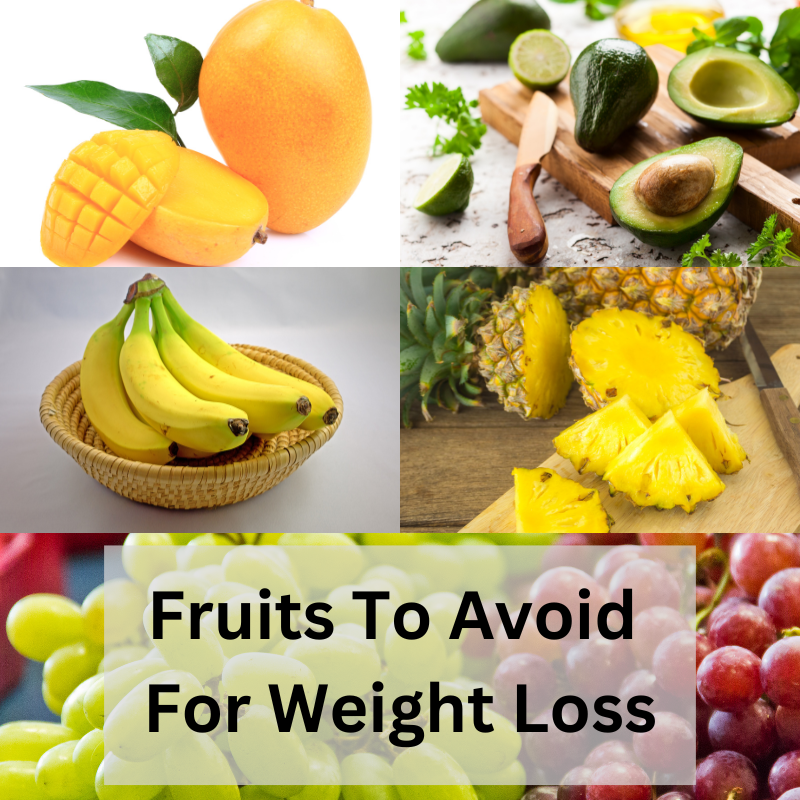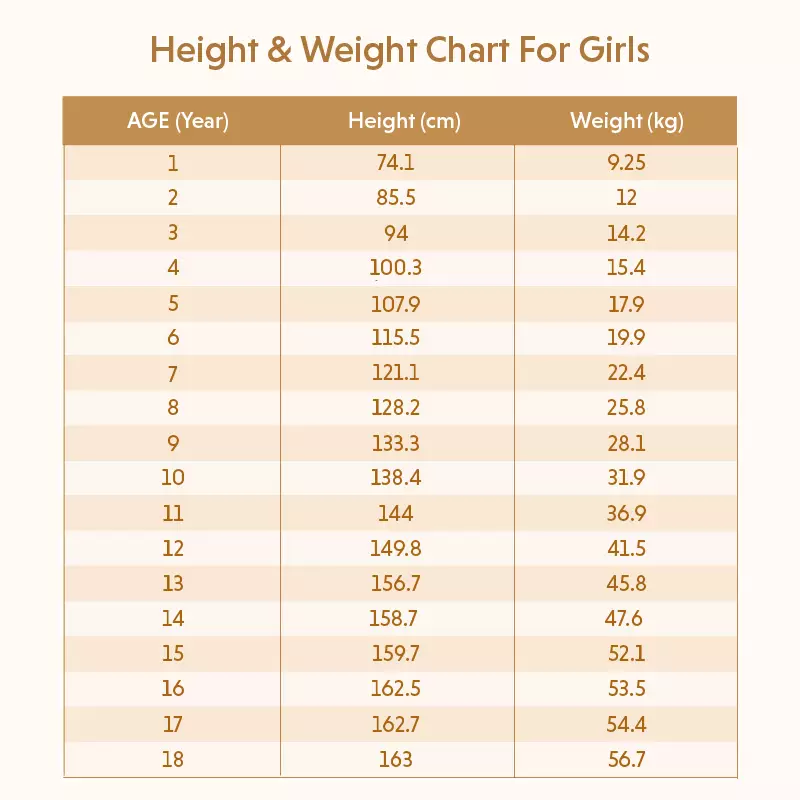Top 5 Fruits To Avoid For Weight Loss: Find The Right Fruit Choices Here
Fruits are nutritious and essential components of a balanced diet for weight loss. All fruits do not have identical benefits. Many fruits are rich in vitamins, minerals and fibre, but others contain higher levels of natural sugars and calories, which affects weight loss goals when consumed in excess. In this blog, let’s learn about fruits to avoid for weight loss and how to make informed choices to support your health and well-being.
What Fruits To Avoid For Weight Loss?
Fruits offer health benefits, but some have a high sugar content that negatively impacts our weight loss goals, causing spikes in blood sugar levels. Understanding the effect of different fruits on blood sugar levels and weight can help you learn which fruits to avoid for weight loss.
Here is the list of fruits that are better to avoid during your weight loss journey:
- Avocado:
It is a rich source of several vitamins, minerals, healthy fats and fibre. A serving of 100 grams of avocado would be about half a fruit that contains around 160 calories, which is typically higher than other fruits. It is a nutrient-dense fruit, which may help reduce inflammation and risk of heart disease. However, avoid bingeing on avocados if you want to achieve weight loss.
- Banana:
Bananas are high in nutrients and provide numerous health benefits. A medium-sized banana contains approximately 110 calories with more fibre and carbohydrates such as glucose, fructose and sucrose. The glycaemic index of a banana depends on its ripeness. Ripe bananas have a higher glycaemic index than unripe ones, which can cause a spike in blood sugar levels. Although no studies directly prove that consuming bananas causes weight gain, you should avoid them to achieve weight loss because of their high calories and high glycaemic index.
- Grapes:
Grapes contain antioxidants and vitamins that may help support your heart health, improve vision clarity, and boost memory. They are also a good source of polyphenols that help to fight against free radicals in the body. Grapes are delicious and easy to consume but watch your portion size. Eating too many at one time adds extra calories and sugar to your diet, derailing your weight loss regimen.
- Mangoes:
The king of fruits, mango contains more sugar and less fibre than other fruits. It is not only delicious but also nutritious and contains high levels of carbohydrates, vitamin C, and vitamin B6. Mangoes are a low-calorie fruit, but because of their high sugar levels, consuming them in excess can lead to weight gain. Additionally, having mango along with your meals will lead to more calorie consumption, adversely affecting your weight loss.
- Pineapple:
This tropical fruit contains nutrients and beneficial compounds, such as vitamin C, manganese, antioxidants and enzymes to improve digestion. However, it also has high calories that can reduce your chances of weight loss. So, it is best to limit the intake of this sweet fruit.
All the above-mentioned fruits are completely healthy but relatively high in natural sugars and calories. Hence, consuming them in large quantities may negatively affect your overall weight loss journey. Ensure your portion size is small to optimise your overall health and weight management objectives.
DISCLAIMER:
Consulting a qualified healthcare professional or registered dietician is a must to gain additional personalised guidance before incorporating any fruit into your weight loss diet to meet individual requirements and preferences and avoid health complications/food allergies.
How To Choose Fruits That Will Help You Lose Weight?
Choosing weight loss-friendly fruits depends on factors such as low glycaemic index, overall nutrient density, calorie, fibre and water content.
Here is a list of factors you must include in your selection criteria:
-
Low-Calorie Options:
You should prefer fruits with low calories but with adequate fibre content for weight loss, as they give satiety even while adding fewer calories. Examples of low-calorie fruits include berries, citrus fruits and apples.
-
Rich Source of Dietary Fibre:
Select fruits rich in dietary fibre to promote feeling of fullness, regulate blood sugar levels and boost digestive health. Examples of high-fibre fruits include pears, berries and kiwifruit.
-
High-Water Content:
Add fruits with a high-water content to your weight loss diet, as these can help keep you hydrated and curb hunger pangs without adding significant calories. Examples of high-water-content fruits include watermelon, oranges and cucumbers.
-
Low Glycaemic Index:
Opt for fruits with low glycaemic index (GI) so that they cause only a gradual and steady rise in blood sugar levels. Low-GI fruits help prevent spikes in blood sugar levels, which can contribute to cravings and overeating. Examples of fruits with a low glycaemic index include berries, cherries, and apples.
-
High Nutrient Density:
Choose fruits that are rich in vitamins, minerals and antioxidants with low calories to improve your overall immunity, health and well-being. Examples of nutrient-dense fruits include berries, citrus fruits, kiwifruit and papaya.
Remember, fruits are usually nutritious and beneficial for overall health. It’s important to avoid fruits with high sugar content, high-calorie density, and fruit juices. Ensure that you are mindful of your portion size and seek the help of a qualified nutritionist to select fruits according to your current medical condition, nutrient requirements, and weight loss goals. Last but not the least, moderation is the key to enjoying all the health benefits of fruits and achieving your weight loss goals.
Frequently Asked Questions
Our certified subject matter experts do extensive research and collate facts from reputed scientific journals and international studies to create informative and engaging articles related to all your dermatology concerns. They strive to help you decipher medical jargon, distinguish fact from fiction and overcome paranoia. Our qualified medical board or expert panel goes a step further to verify these facts based on their rich academic knowledge, vast clinical experience and critical industry insights to ensure you consume only medically accurate content that empowers you to make informed decisions about your hair and skin-care treatments and weight management. Check out our Editorial policy for further details
https://pubmed.ncbi.nlm.nih.gov/23282226/https://pubmed.ncbi.nlm.nih.gov/30909592/
https://pubmed.ncbi.nlm.nih.gov/31367691/
https://www.ncbi.nlm.nih.gov/pmc/articles/PMC6578444/
https://www.ncbi.nlm.nih.gov/pmc/articles/PMC8746860/
https://pubmed.ncbi.nlm.nih.gov/32610460/
https://www.ncbi.nlm.nih.gov/pmc/articles/PMC5084020/
https://pubmed.ncbi.nlm.nih.gov/30487459/
https://pubmed.ncbi.nlm.nih.gov/37758268/









